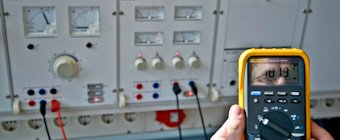EU Cohesion Policy

EU Cohesion Policy
The funding instruments of European Union Cohesion policy are an important funding source for German universities. Subsequently, the EU Cohesion policy represents one of the two pillars of funding for European research and innovation, along with the Framework Programmes for Research.
The two types of structural funds are key financing instruments. The European Social Fund (ESF) supports a range of activities from promoting qualifications and continuing professional development through to facilitating knowledge transfer and developing research networks. The European Regional Development Fund (ERDF) can be used to finance investment in infrastructure to aid research. For the period of the current programme, there are about 19.3 billion euro available for Germany in total.
Since the relevant decision-making powers for the allocation of structural funds belong to the federal states, German universities benefit from the EU Cohesion policy funding in highly varying degrees. The HRK is therefore strongly advocating the consistent use of structural funds to generate sustainable growth momentum through a research- and innovation-oriented investment policy vis-à-vis regional state governments.
The joint elaboration of “Smart Specialisation Strategies for Regional Growth" through politics, economics and science offers a promising approach in this regard. The HRK continues to campaign for a consequent simplification of the cohesion policy funding programmes, as well as for a better use of synergies with EU research funding instruments.
